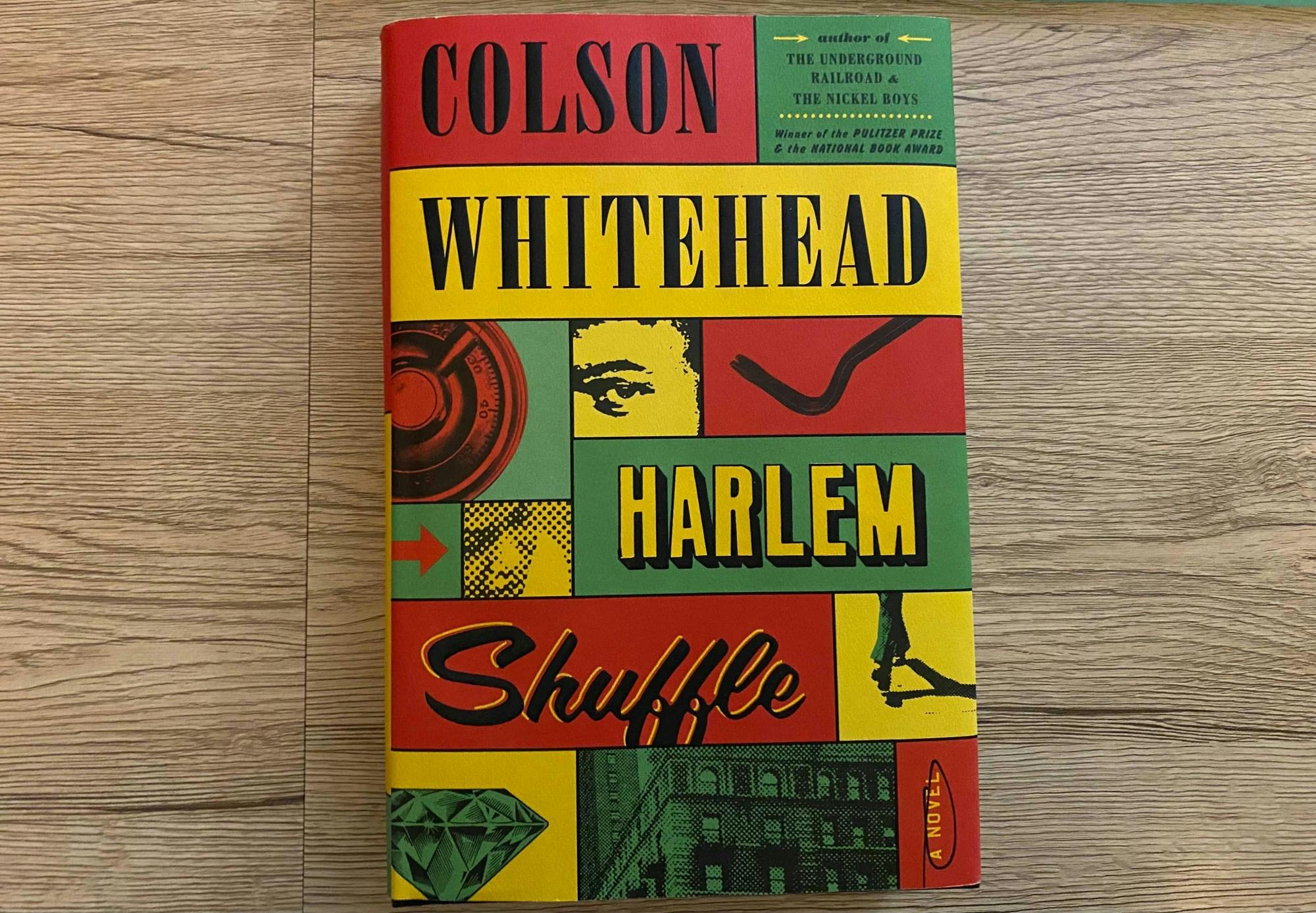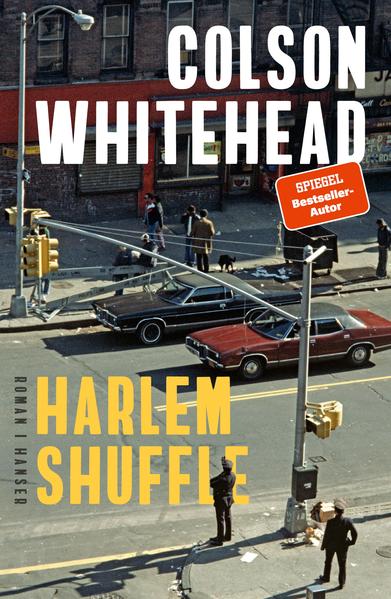


Social unrest, crackerjack scene-setting, a perfectly timed laugh: This is Whitehead distilled, in a way we haven’t seen in a while. I’m like, damn, this riot stuff will cramp a brother’s style.’” Clutching a briefcase full of misbegotten booty, Freddie recounts his experience trying to get a sandwich in the middle of the ruckus: “‘People running up and down, screaming.

“Cool It Baby,” one of three connected stories that make up Colson Whitehead’s new novel, “ Harlem Shuffle,” opens in the aftermath of this eruption, when furniture dealer/fence Ray Carney receives a visit from his ne’er-do-well cousin Freddie. In Harlem during the summer of 1964, a white police officer shot and killed a Black 15-year-old boy in front of more than a dozen witnesses, setting off six nights of rioting across the neighborhood. (Sept.If you buy books linked on our site, The Times may earn a commission from, whose fees support independent bookstores. Don’t be surprised if this one wins Whitehead another major award.

It’s a superlative story, but the most impressive achievement is Whitehead’s loving depiction of a Harlem 60 years gone-“that rustling, keening thing of people and concrete”-which lands as detailed and vivid as Joyce’s Dublin. These and other characters force Carney to decide just how bent he wants to be. A husband, a father, and the son of a man who once worked as muscle for a local crime boss, Carney is “only slightly bent when it to being crooked.” But when his cousin Freddie-whose stolen goods Carney occasionally fences through his furniture store-decides to rob the historic Hotel Theresa, a lethal cast of underworld figures enter Carney’s life, among them the mobster Chink Montague, “known for his facility with a straight razor” WWII veteran Pepper and the murderous, purple-suited Miami Joe, Whitehead’s answer to No Country for Old Men’s Anton Chigurh. It’s 1959 and Ray Carney has built an “unlikely kingdom” selling used furniture. Two-time Pulitzer winner Whitehead ( The Nickel Boys) returns with a sizzling heist novel set in civil rights–era Harlem.


 0 kommentar(er)
0 kommentar(er)
